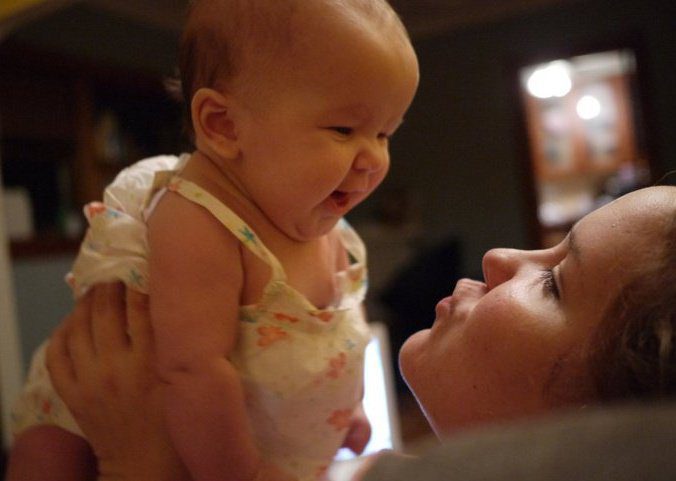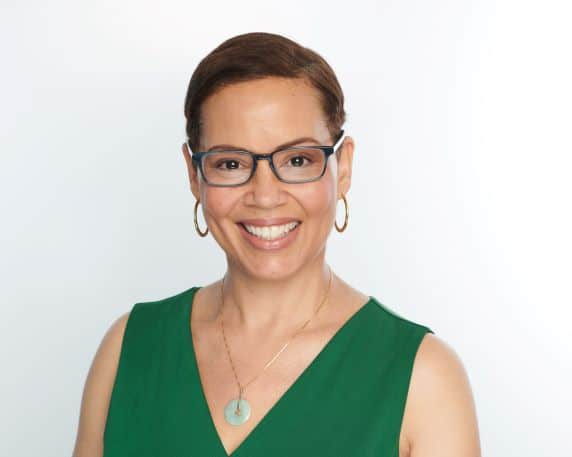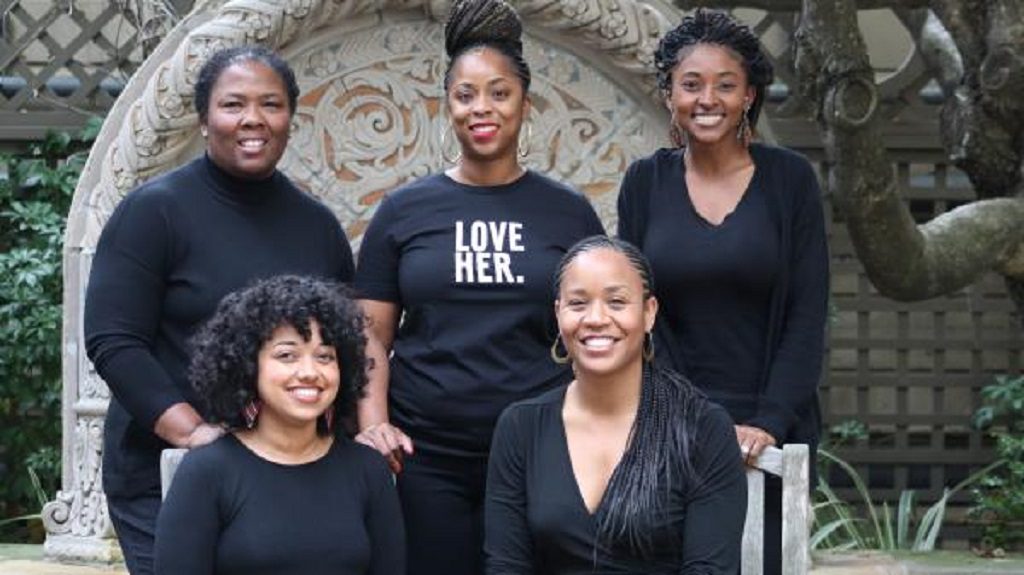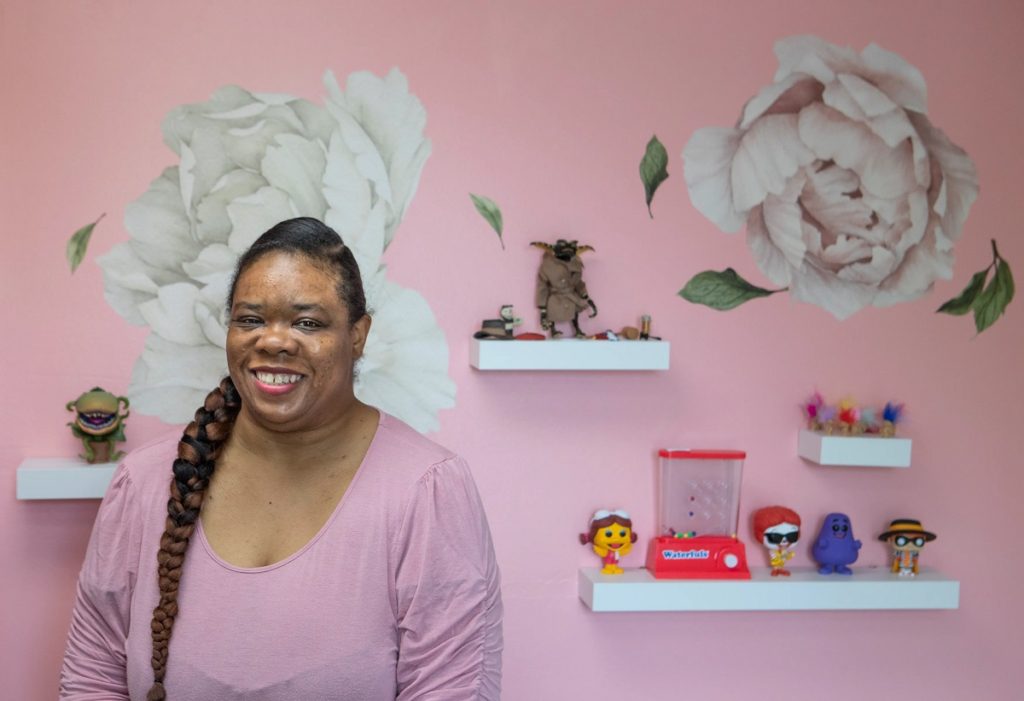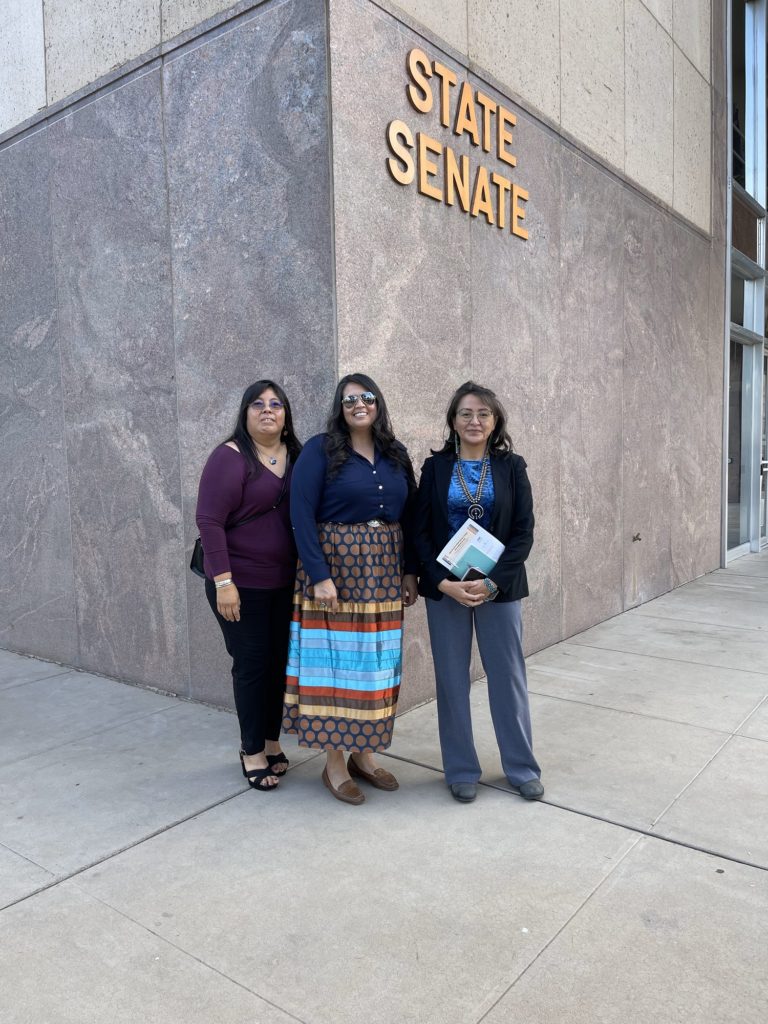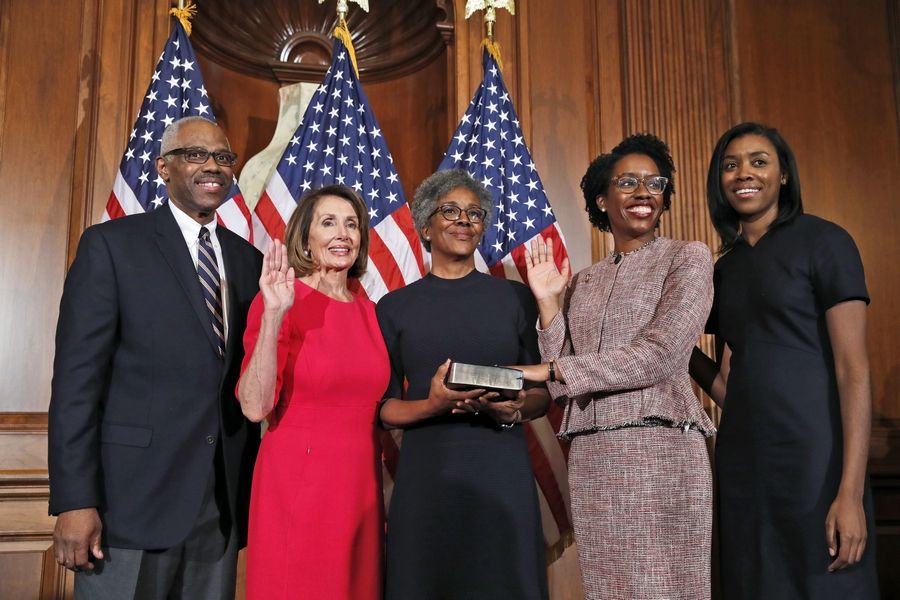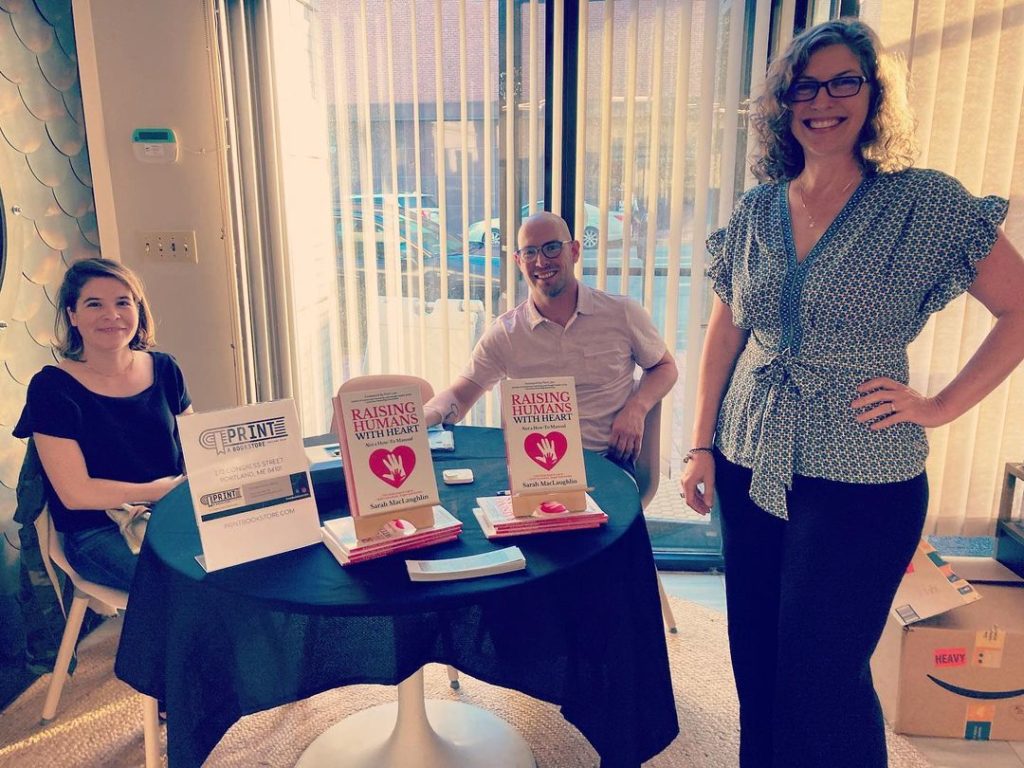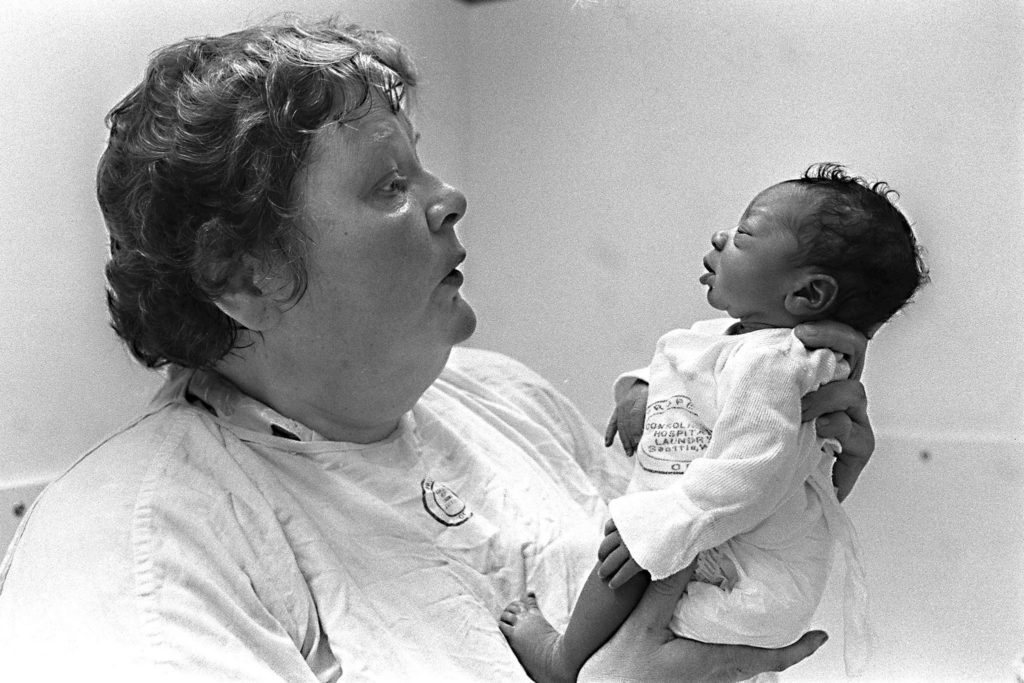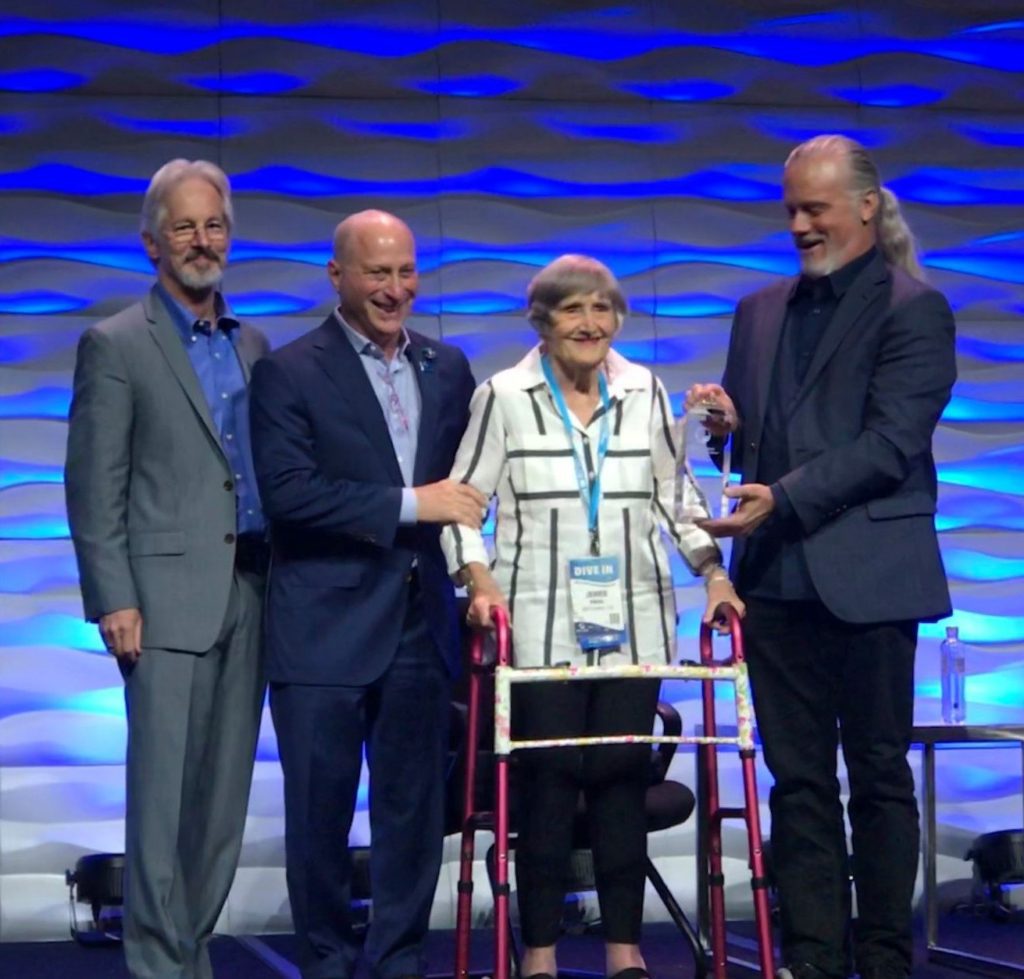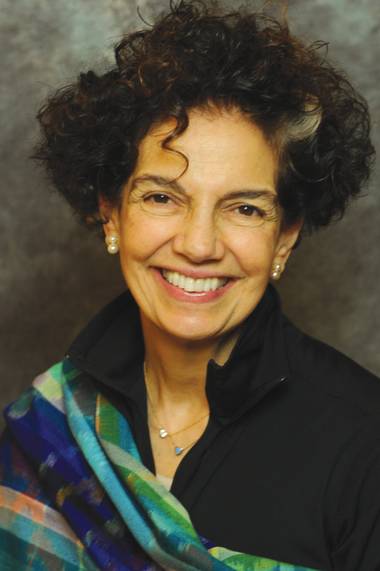Celebrating women's history month
Meet 10 Change Agents for Maternal Mental Health
Women play a vital role in shaping history — as well as the next generation. Because who we become starts before we’re even born, it’s everyone’s duty to ensure mothers and pregnant people are well-supported both physically and mentally throughout the perinatal period.
State of Babies data reveals that nationally, 21.9% of mothers report less than optimal mental health. And half of women diagnosed with perinatal depression do not get the treatment they need. For far too long, maternal mental health, and its impact on babies and young children, has been overlooked.
But through the hard work of parents, professionals and policymakers, the focus is changing. As a society, we’re finally addressing the uncomfortable but necessary demand to do better. This Women’s History Month we’ve put together a “Power List” of 10 remarkable women – many with mental health stories of their own – who are making history as change agents for maternal mental health support.

